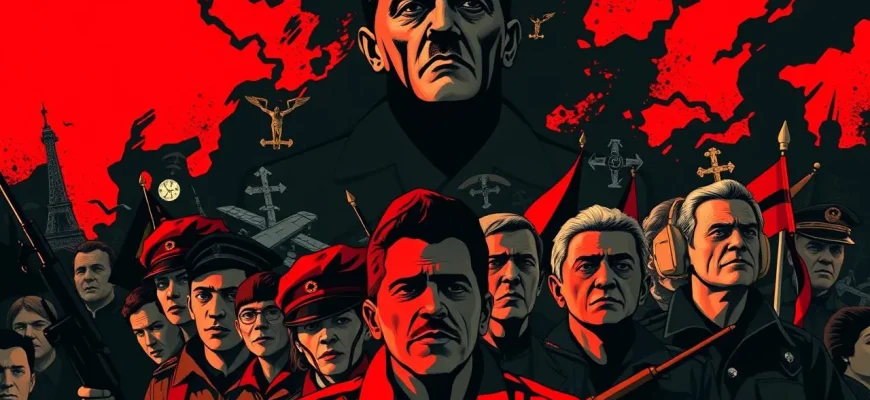This curated collection of fascist thriller films delves into the dark and often terrifying world of totalitarian regimes, resistance movements, and the psychological impact of fascism. These films not only entertain but also provoke thought, offering insights into the human psyche under oppressive rule. Each film in this list has been selected for its compelling narrative, historical accuracy, or its ability to evoke a sense of suspense and dread, making it an essential watch for those interested in the genre.
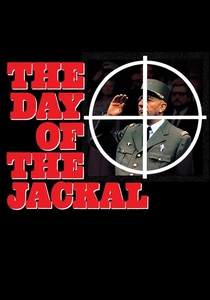
The Day of the Jackal (1973)
Description: While not directly about fascism, this film involves a plot to assassinate French President Charles de Gaulle, who was a key figure in the resistance against fascism.
Fact: The film was shot on location in France, with many scenes filmed in real locations. It was also one of the first films to use a body double for a major star.
 Watch Now
Watch Now
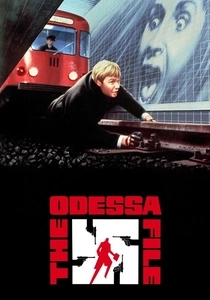
The Odessa File (1974)
Description: A journalist investigates the Odessa organization, a secret society of former SS members, uncovering a plot to revive the Nazi regime.
Fact: The film was based on a novel by Frederick Forsyth. It features real footage from the Nuremberg Trials.
 Watch Now
Watch Now
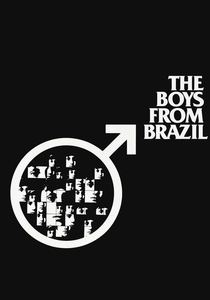
The Boys from Brazil (1978)
Description: A chilling tale about a Nazi hunter uncovering a plot to clone Adolf Hitler, this film delves into the ethics of genetic manipulation and the lingering threat of fascism.
Fact: The film was based on a novel by Ira Levin. It was one of the first mainstream films to explore the concept of cloning.
 Watch Now
Watch Now
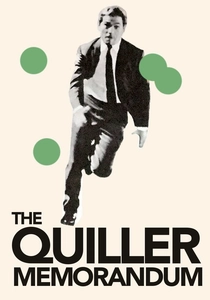
The Quiller Memorandum (1966)
Description: A British spy investigates a neo-Nazi group in Berlin, showcasing the lingering fascist ideologies post-WWII.
Fact: The film was shot in Berlin, providing an authentic backdrop. It was one of the first spy thrillers to focus on psychological warfare.
 30 Days Free
30 Days Free
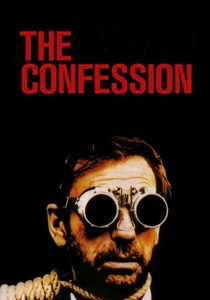
The Confession (1970)
Description: Based on the true story of a high-ranking Czech Communist official who is falsely accused and imprisoned, this film examines the mechanisms of totalitarian control.
Fact: The film was directed by Costa-Gavras, known for his political thrillers. It was banned in Czechoslovakia until
 30 Days Free
30 Days Free
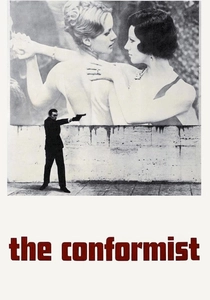
The Conformist (1970)
Description: This film explores the psychological journey of a man who joins the Italian Fascist secret police to conform to societal norms, leading to a chilling tale of betrayal and moral ambiguity.
Fact: The film was inspired by the novel by Alberto Moravia. It was also one of the first films to use the Steadicam for smooth tracking shots.
 30 Days Free
30 Days Free
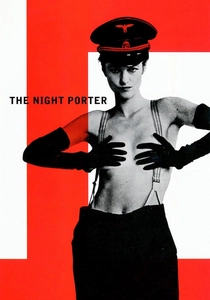
The Night Porter (1974)
Description: A former SS officer and his former concentration camp prisoner meet again years later in Vienna, exploring themes of guilt, power, and perverse love.
Fact: The film was highly controversial for its depiction of a sadomasochistic relationship between a Nazi and his victim. It was banned in Italy for its content.
 30 Days Free
30 Days Free
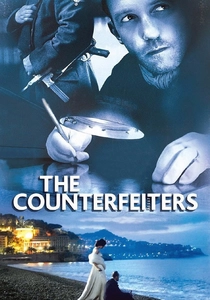
The Counterfeiters (2007)
Description: Based on true events, this film tells the story of Operation Bernhard, where prisoners in a Nazi concentration camp were forced to produce counterfeit money to destabilize the Allied economies.
Fact: The film won the Academy Award for Best Foreign Language Film. It was also the first Austrian film to win this award.
 30 Days Free
30 Days Free

The Damned (1969)
Description: Set in 1930s Germany, this film portrays the rise of the Nazis through the lens of a wealthy industrialist family, highlighting the moral decay and power struggles within.
Fact: The film was banned in Germany for its portrayal of the Nazi era. It also features a controversial scene involving a child's birthday party.
 30 Days Free
30 Days Free

The Fall of Berlin (1950)
Description: This Soviet film dramatizes the final days of WWII, focusing on the defeat of the Nazis, offering a unique perspective on the end of fascism from the Eastern front.
Fact: It was one of the most expensive films ever made in the Soviet Union at the time. It was also used for propaganda purposes.
 30 Days Free
30 Days Free

